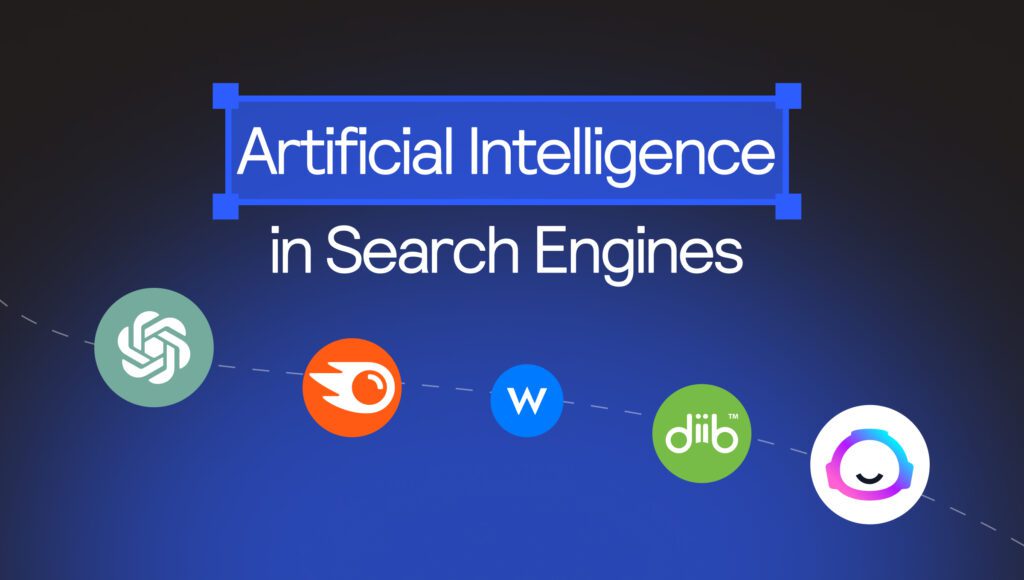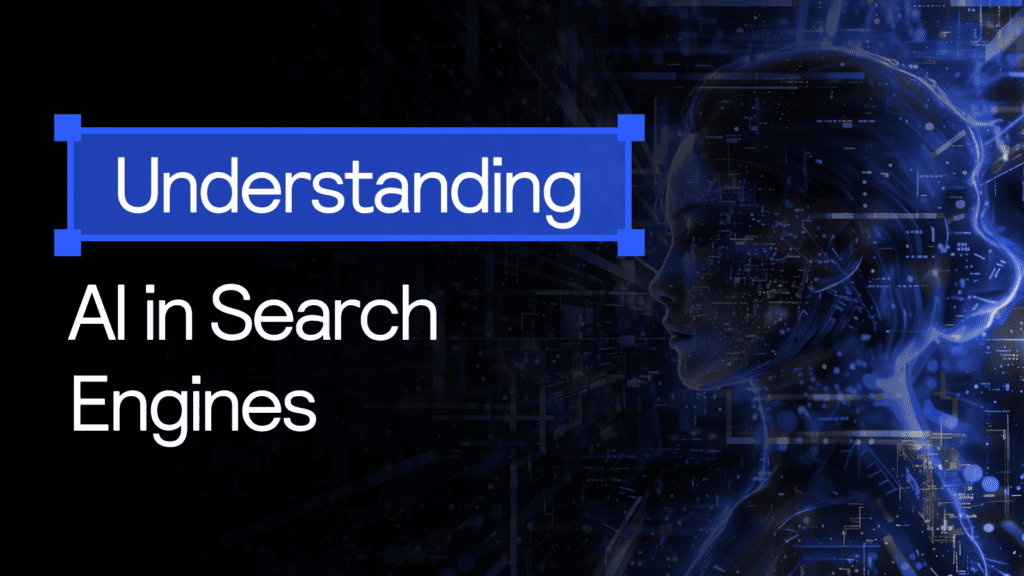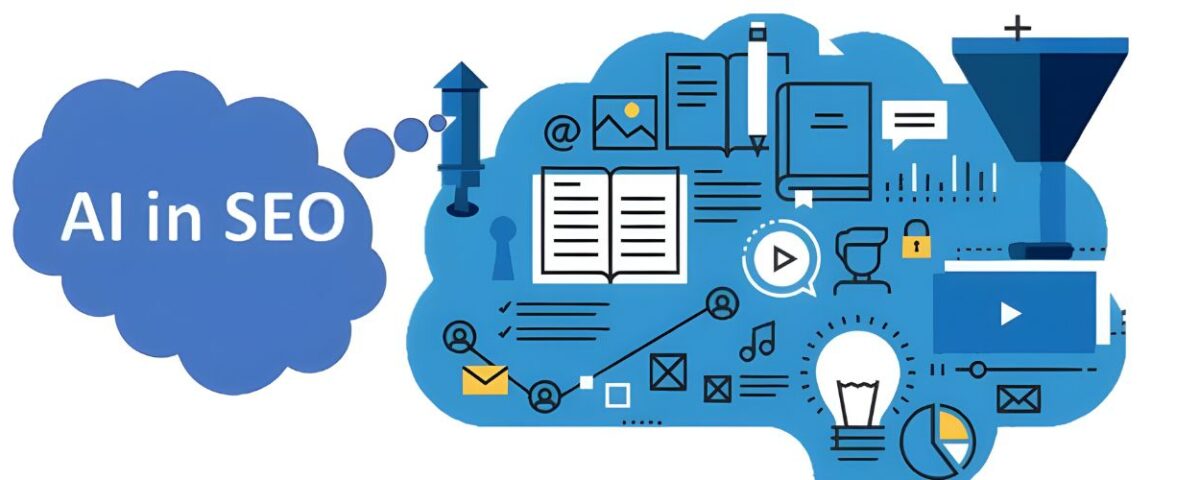- Have any questions?
- +91 96020 93137
- +91 93525 62080
- info@worldseoservices.com
The Rise of AI in Google’s 2025 Algorithm: Opportunities and Challenges

How to Adapt Your Content Strategy to the Latest Google Algorithm Updates in 2025
December 9, 2024
Google’s Focus on User Experience: Key 2025 Algorithm Updates Explained
December 9, 2024Analyze how artificial intelligence is shaping search engine results.
The digital marketing landscape is experiencing a seismic shift with the integration of artificial intelligence (AI) into Google’s 2025 algorithm. For businesses, this presents a blend of groundbreaking opportunities and formidable challenges. As the search giant evolves, marketers must adapt their strategies to align with this advanced AI-driven ecosystem to remain competitive.
At World SEO Services, we understand the intricacies of these changes and are committed to helping businesses navigate this new terrain. In this article, we explore the opportunities and challenges posed by the rise of AI in Google’s 2025 algorithm and how to make the most of them.

Opportunities Offered by AI in Google’s Algorithm
1. Enhanced Search Result Accuracy
Google’s AI-driven algorithm now understands user intent with remarkable precision. With technologies like the Multitask Unified Model (MUM), search results are more contextual, providing users with the most relevant information.
Opportunity for Marketers:
Businesses can craft content that addresses nuanced queries, ensuring higher visibility for targeted audiences. By focusing on context-driven content, marketers can capitalize on this enhanced search functionality.
2. Improved Voice and Conversational Search
Voice search is on the rise, thanks to AI’s ability to process natural language. Users increasingly rely on voice assistants like Google Assistant for their queries.
Opportunity for Marketers:
Optimizing content for long-tail keywords and natural language queries can boost rankings. For example, using phrases like “Where can I find eco-friendly products near me?” instead of shorter keywords.
3. AI-Powered Content Analysis
Google’s AI can assess content quality, relevance, and engagement metrics more effectively than ever before. Content that demonstrates expertise, authority, and trustworthiness (E-A-T) is prioritized.
Opportunity for Marketers:
Investing in high-quality, well-researched content ensures better rankings. This shift rewards businesses that focus on delivering value rather than relying on outdated SEO tactics like keyword stuffing.
4. Greater Personalization
AI enables Google to deliver highly personalized search experiences. The algorithm factors in user behavior, preferences, and location to tailor results.
Opportunity for Marketers:
Personalized content strategies can resonate more deeply with audiences. Tailoring campaigns based on user demographics and behavior increases engagement and conversion rates.
5. Multimodal Content Integration
AI-driven algorithms can now process and integrate various types of content, including text, video, images, and audio, for a richer user experience.
Opportunity for Marketers:
Diversifying content formats can enhance visibility across search results. Incorporating videos, infographics, and podcasts ensures broader reach and engagement.

Challenges Posed by AI in Google’s Algorithm
1. Increasing Complexity in SEO
AI has made Google’s algorithm more sophisticated, making it harder to predict ranking factors. The days of relying solely on simple keyword strategies are long gone.
Challenge for Marketers:
Staying ahead requires a deeper understanding of search intent and constant monitoring of algorithm changes. Businesses must invest in advanced SEO tools and training to keep pace.
2. Higher Competition for Quality Content
With Google prioritizing high-quality content, the competition for top rankings is fiercer than ever. Businesses must continuously innovate to stand out.
Challenge for Marketers:
Creating unique, in-depth, and engaging content demands time and resources. Smaller businesses may find it challenging to compete with larger players with bigger budgets.
3. Adapting to Multimodal Search
While multimodal search offers opportunities, it also demands significant adaptation. Marketers must produce content suitable for various formats.
Challenge for Marketers:
Developing videos, infographics, and audio content alongside written material can strain resources, especially for smaller teams.
4. Privacy Concerns and Data Dependency
AI-driven algorithms rely heavily on user data to personalize experiences. However, growing privacy concerns and stricter regulations, such as GDPR, pose challenges.
Challenge for Marketers:
Balancing personalization with privacy compliance is critical. Businesses must ensure ethical data usage while maintaining trust with their audience.
5. Real-Time Adaptation
AI allows Google to update its algorithm more dynamically, leading to frequent and unexpected changes.
Challenge for Marketers:
Constantly revising strategies to align with these updates can be overwhelming, particularly for businesses without dedicated SEO teams.

How to Leverage Opportunities and Overcome Challenges
- Invest in AI Tools: Utilize AI-powered tools like SEMrush, Ahrefs, and Google’s own platforms to analyze data, predict trends, and refine strategies.
- Focus on User Experience: Enhance website performance by improving Core Web Vitals, ensuring mobile optimization, and offering seamless navigation.
- Create High-Quality, Diverse Content: Focus on producing engaging, multi-format content that caters to user preferences and search intent.
- Stay Updated with Google: Regularly follow Google’s announcements and updates to stay informed about algorithm changes.
- Partner with Experts: Collaborate with SEO professionals like World SEO Services to ensure your strategies align with Google’s evolving algorithm.
The Future of AI in Google’s Algorithm
The integration of AI in Google’s 2025 algorithm is just the beginning. As machine learning and AI technologies advance, we can expect even greater personalization, real-time adaptability, and predictive search capabilities. For marketers, this means continuously evolving strategies and embracing innovation.



